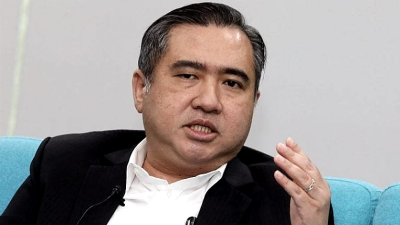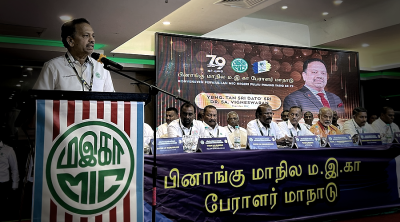SINGAPORE: A new global research by Harvard Business Review Analytic Services finds that 92% of businesses in Asia-Pacific say that an adaptive culture and continuous employee upskilling is very important, although only 30% say their organizations are very prepared for unexpected changes or disruptions.
This is particularly important as APAC businesses increase their investment in people (62%), business processes like innovation or services (69%), and operations (43%) over the next year.
Unforeseen challenges and new priorities, from supply chain resilience to sustainability, are putting pressure on companies to adapt.
While agility and resilience are critical to prepare for the future, there’s no single way to anticipate the changes the future will bring.
These insights have been revealed in the Anticipating the Future for Growth and Innovation report on 442 global organizations across Asia Pacific, North America and Europe.
Globally, businesses are strongly focused on strategic planning, many are working to relatively short-term horizons.
73% of organizations say they plan for between one and five years into the future. Just one in five say their planning horizon is more than five years out.
The research also found that organizations share a few common priorities when planning.

The top four priorities respondents selected were revenue growth and improving profit margins (55%), finding new customers, markets and growth areas (51%), product and service innovation (47%), and retaining and attracting talent (46%).
Despite the priority on anticipating the future, there remain critical challenges many businesses face when planning.
Slow decision-making was identified as the biggest challenge by APAC respondents (38%) when anticipating the future, while attracting the right talent (36%) and retaining staff (36%) were both raised as key issues.
Another problem identified by many APAC companies was a hierarchical disconnect when it came to planning.
A third of businesses said lower-level employees not being involved in planning was a core problem. That may be because the more senior a role, the more they’re encouraged and rewarded to have a proactive mindset and think about the future.
Executives in APAC are much more encouraged (80%) and rewarded (55%) to have a proactive mindset about the future than most other roles.
But while leaders are integral to building a future-ready business, they cannot do it alone. The leader must create a culture of collaborative planning and forward-thinking mindset across their organization.
The survey also found that technology and digital infrastructure are on the minds of many executives, though they may not be organizations’ top focuses.
Strong digital infrastructure and cybersecurity skills (42%) are vital to help organizations plan for the future, while lacking the technology an organization needs for the future is also an important challenge.
ADVERTISEMENT
ADVERTISEMENT


































